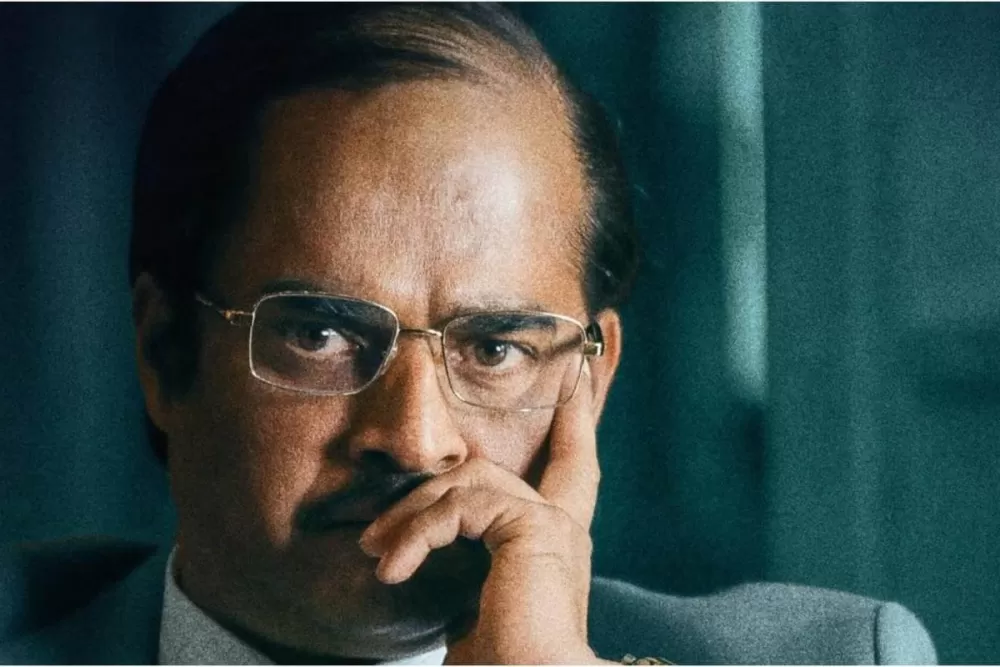Rubio's Unyielding Grip: How Trump's Cuba Policy Reshaped US-Havana Relations
- Nishadil
- October 02, 2025
- 0 Comments
- 4 minutes read
- 53 Views
- Save
- Follow Topic

Marco Rubio's Enduring Influence on Trump's Cuba Stance Redefined US Policy
Senator Marco Rubio's pivotal role in shaping the Trump administration's aggressive stance against Cuba, reversing Obama-era normalization and reimposing stringent policies.
The geopolitical pendulum swung dramatically in US-Cuba relations during the Trump administration, largely orchestrated by a powerful and persistent voice in Washington: Senator Marco Rubio. What began as a cautious rapprochement under President Obama quickly devolved into a renewed era of 'maximum pressure,' a strategy deeply rooted in Rubio's unwavering conviction and long-standing advocacy for a hardline stance against the communist regime in Havana.
For years, Senator Rubio, a son of Cuban exiles, has been a vocal critic of any policy that he believes might embolden the Cuban government.
His perspective is steeped in the experiences of the Cuban-American community in Florida, a crucial political demographic, and a fervent belief that engagement only provides a lifeline to a repressive regime, rather than fostering genuine democratic change. This foundational belief became the bedrock of Trump's approach to the island nation, effectively reversing the opening initiated by the previous administration.
Under Trump, and with Rubio's consistent influence, a series of stringent measures were rapidly implemented.
Travel restrictions for American citizens were tightened, making it harder for individuals to visit Cuba. Economic sanctions, which had been eased, were reimposed and expanded, aiming to starve the regime of foreign currency. Perhaps one of the most significant moves was the activation of Title III of the Helms-Burton Act, allowing Americans to sue companies that profit from properties confiscated by the Cuban government after the 1959 revolution – a move designed to deter foreign investment.
Furthermore, the Trump administration controversially re-designated Cuba as a State Sponsor of Terrorism in its final days, a move that carried significant diplomatic and economic ramifications.
These actions, spearheaded by Rubio's consistent push, were presented as essential tools to pressure the Cuban government to respect human rights, release political prisoners, and move towards democratic reforms. The stated goal was clear: to deny the regime resources and legitimacy, thereby compelling it to change its oppressive ways.
However, the impact of these policies was a subject of intense debate.
While proponents argued they were necessary to challenge a totalitarian state, critics pointed to the increased hardship faced by the Cuban people, who often bore the brunt of the tightened sanctions. The economic squeeze, they contended, did little to dislodge the entrenched power of the Cuban Communist Party, instead stifling the burgeoning private sector and the hopes of ordinary citizens for a better life.
The humanitarian cost became a significant point of contention, overshadowing the political objectives.
The intricate dance between US foreign policy, domestic politics, and the enduring plight of the Cuban people continues. Senator Rubio's indelible mark on the Trump administration's Cuba policy highlights the profound influence a single, determined voice can wield.
It left a legacy of renewed confrontation, emphasizing that for many in Washington, the path to a free Cuba remains one of unwavering pressure and resolute opposition to the status quo.
.Disclaimer: This article was generated in part using artificial intelligence and may contain errors or omissions. The content is provided for informational purposes only and does not constitute professional advice. We makes no representations or warranties regarding its accuracy, completeness, or reliability. Readers are advised to verify the information independently before relying on















